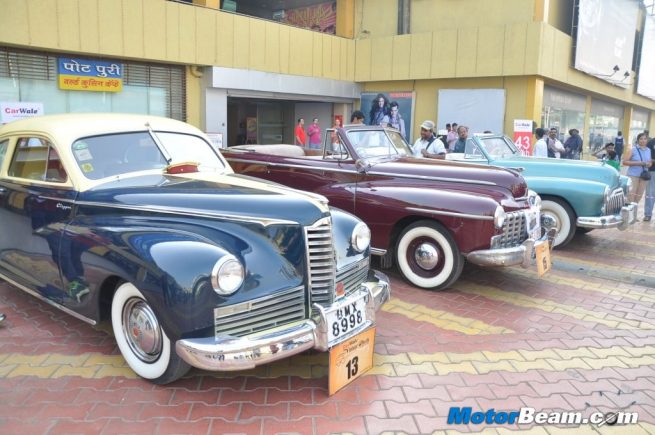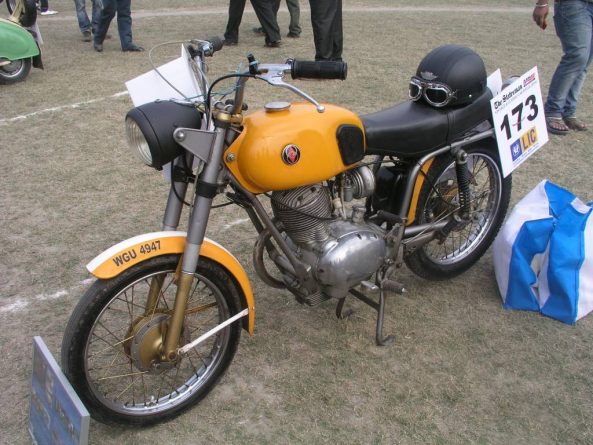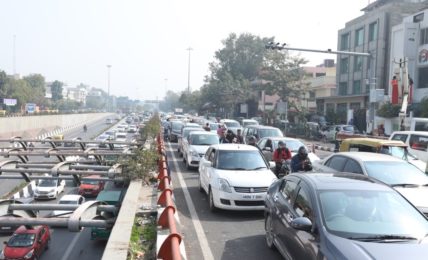
The vintage vehicle registration rules allow people to buy, sell and register such vehicles
The Ministry of Road Transport and Highways (MoRTH) has amended the Central Motor Vehicles Rules, 1989, formalising the registration process of vintage motor vehicles in India.
MoRTH says the new vintage vehicle registration rules aim to preserve and promote the heritage of old vehicles in India.
According to the vintage vehicle registration rules, all 2-wheelers and 4-wheelers that are over 50 years old shall be classified as vintage motor vehicles provided that they are maintained in their original form.
Also, such vehicles should not have undergone any substantial overhaul, the Road Transport Ministry says in the draft notification released recently.
The new rules state that for registration or re-registration of a vintage vehicle, the owner should provide the insurance policy of the vehicle, a bill of entry (in case it is an imported vehicle) and if it had already been registered, the registration certificate.
Within 60 days, the State Registering Authority shall issue a certificate of registration, states the notification, adding that vehicles that have already been registered can retain their original registration mark.

But, vehicles that need fresh registration will get new registration mark in the following format – “XX VA YY *”. XX stands for the State code, VA for vintage, YY is a 2-letter series and “*” is a number from 0001 to 9999 allotted by the State Registering Authority.
The fee for a new registration under the new vintage vehicle registration rules is Rs. 20,000/- (valid for 10 years) and subsequent re-registration is Rs. 5000/- (valid for 5 years).
Crucially, the new rules specify that vintage motor vehicles shall not be driven on roads for regular or commercial purposes and that within 90 days of sale or purchase of such vehicles, the buyer and seller should notify their transport authorities about the same.
These new guidelines should provide relief to vintage and classic car collectors who were distressed about the future of such vehicles after the voluntary vehicle scrappage scheme was announced earlier this year.




